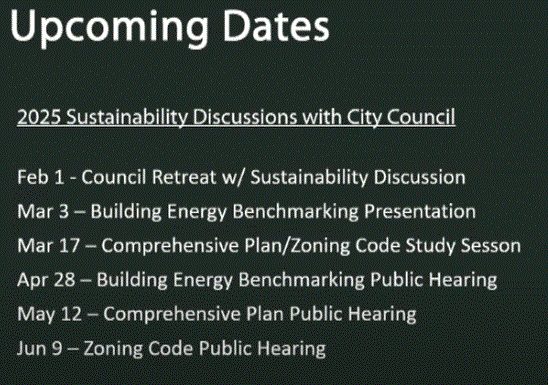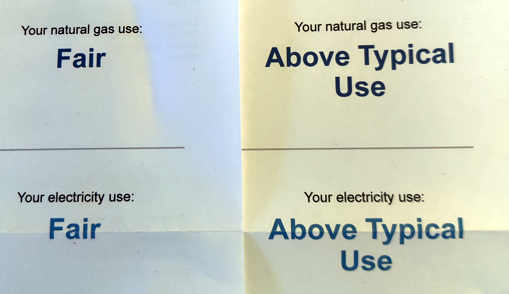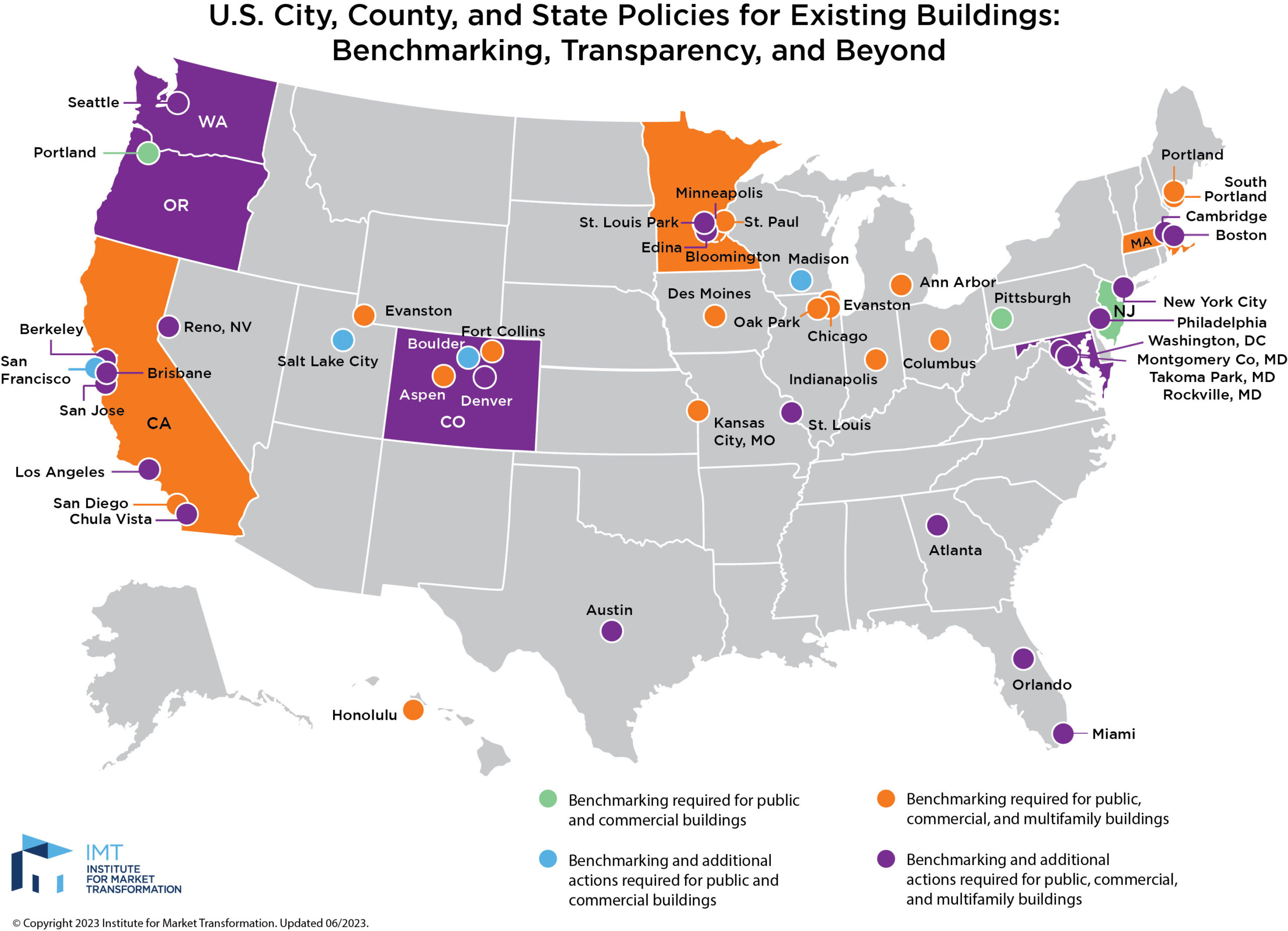via reader notification – thank you!
The CDPHE Air Pollution Control Division is actively working with Terumo BCT to further reduce ethylene oxide emissions. A draft permit modification for Terumo BCT to install and operate additional devices to reduce ethylene oxide emissions from the facility is now available on the division’s website.
Terumo BCT currently uses a device known as a “dry scrubber” to reduce ethylene oxide emissions. The proposed permit modifications would allow Terumo to use a new control device called a “thermal catalytic oxidizer abatement plant” as its primary emissions control. The dry scrubber would then serve as a backup control.
The draft permit is open for public comment from January 7, 2025 – February 6, 2025. Division staff will review all public comments received and use relevant comments to inform the permit updates. The permit is available on the division’s air permit public notices web page. That web page has details and tips for submitting effective public comments.
Terumo BCT has indicated new control equipment could be fully operational in early 2025. Once the equipment is fully operational, Terumo BCT would have to test ethylene oxide emissions to ensure it meets the permit requirements. These tests would use U.S. EPA-approved methods to evaluate emissions reductions.
More air quality monitoring around Terumo BCT
The air division conducts its own air quality monitoring around Terumo BCT and will continue doing so after the new equipment is in place. The division will make this data available to the public on its website once it has undergone quality control assurance and review. The division will use this information to inform its ongoing work protecting clean air in Colorado’s communities.
New regulations and proposals that apply to Terumo’s emissions of ethylene oxide
March 2024 federal ethylene oxide rule
Terumo BCT must comply with the U.S. EPA’s new rule to reduce harmful ethylene oxide emissions and exposures. This new rule applies to four commercial medical sterilization facilities in Colorado, including Terumo BCT. The federal rule is expected to reduce ethylene oxide emissions at these facilities. Learn more on EPA’s website.
Ethylene oxide proposed as priority air toxic in Colorado
From January 16-17, 2025, the Air Quality Control Commission will hold a rulemaking hearing on a proposal to identify up to five priority air toxics in Colorado. Ethylene oxide is one of the five priority air toxics proposed for commission consideration. After the commission determines priority air toxics, Colorado will then work to establish health-based standards for each one through a separate rulemaking later in 2025.
This is one of the requirements under Colorado’s Public Protections from Toxic Air Contaminants Act. The division developed the draft proposal with input from monitoring and modeling data, the public, and a technical working group of scientific experts. The division may propose adding more priority air toxics in the future.
You can register to offer a verbal public comment or listen to the January 2025 rulemaking hearing. A registration link to listen or offer verbal public comment is available on the commission’s website.
Contact us
To submit permit comments, visit the division’s air permit public notices web page.
You may contact us anytime at the following email addresses:
- cdphe.commentsapcd@state.co.us for air quality questions or comments.
- cdphe_toxcall@state.co.us for health questions or comments.




